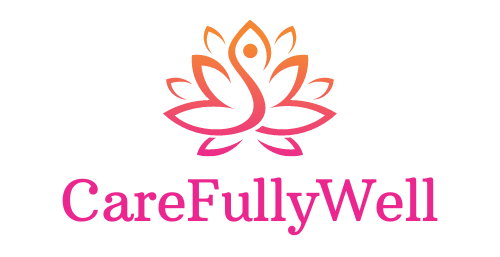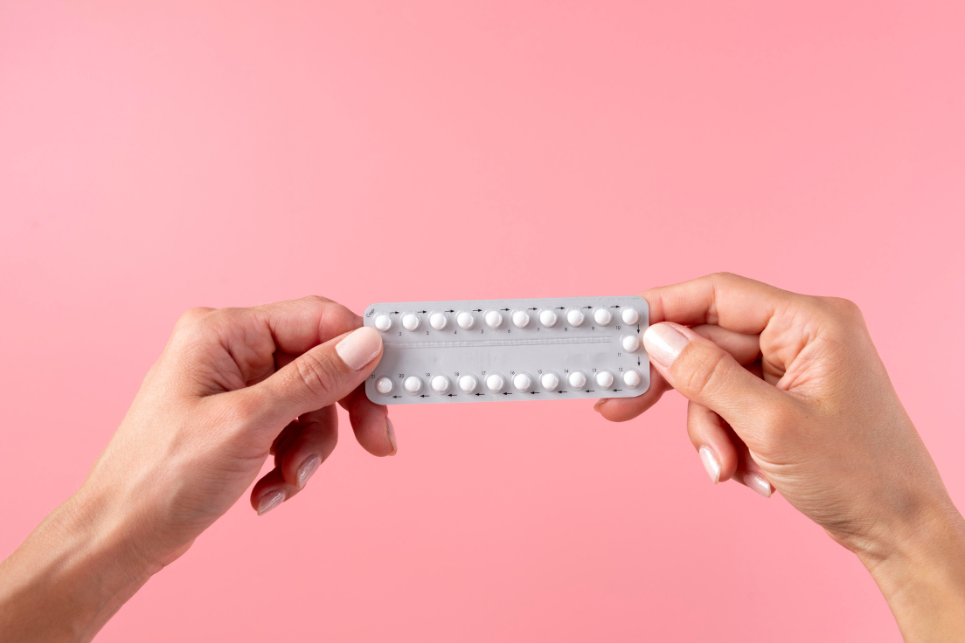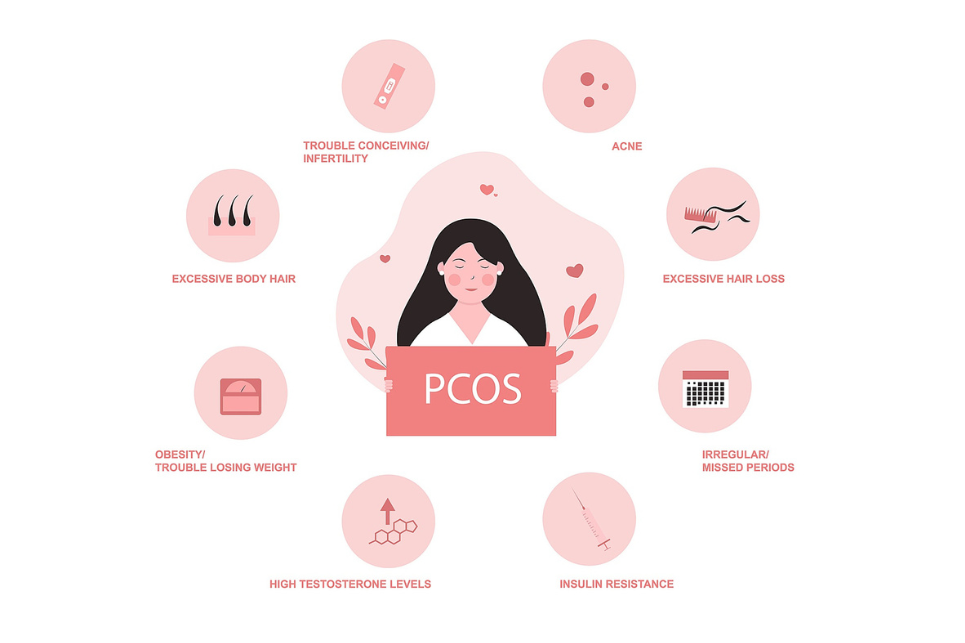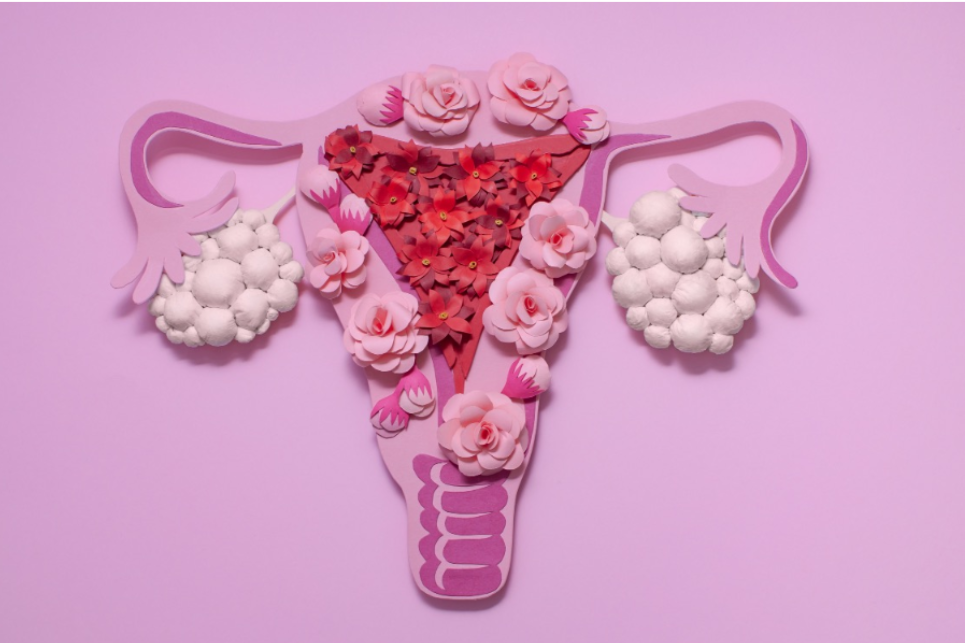The Pill and Beyond: Weighing the Pros and Cons of Oral Contraceptives
For decades, oral contraceptives, commonly known as “the pill,” have played a pivotal role in women’s reproductive health and family planning. As one of the most widely used birth control methods, the pill has transformed lives and shaped societal norms. However, like any medical intervention, oral contraceptives come with their own set of pros and cons. In this article, we delve into the multifaceted world of the pill, exploring its advantages and potential drawbacks, along with who should and should not use it.
The Pros:
1. Highly Effective:
The pill boasts an impressive efficacy rate when taken consistently and correctly, making it one of the most reliable forms of birth control.
2. Regulated Menstrual Cycles:
Oral contraceptives can regulate and lighten menstrual cycles, providing relief from heavy bleeding, irregular periods, and associated discomfort.
3. Reduced Acne and Skin Benefits:
Some birth control pills contain hormones that can improve acne and promote clearer, healthier skin.
4. Improved Ovarian and Uterine Health:
Long-term use of the pill has been associated with a lower risk of ovarian and uterine cancers.
5. Convenient and Reversible:
Taking a daily pill is a convenient birth control method, and its effects are reversible when you decide to stop.
The Cons:
1. Hormonal Side Effects:
Some women may experience hormonal side effects, such as mood swings, weight gain, or changes in libido.
2. Health Risks:
Oral contraceptives can increase the risk of blood clots, particularly in women with specific risk factors. It’s essential to discuss these risks with a healthcare provider.
3. No Protection Against STIs:
The pill does not provide protection against sexually transmitted infections (STIs). Using condoms in addition to the pill is recommended for STI prevention.
4. Compliance and Memory:
Taking the pill at the same time every day is crucial for its effectiveness. Forgetting a dose can lead to unintended pregnancy.
5. Individual Variation:
The same pill may have different effects on different individuals. Finding the right pill with minimal side effects can be a trial-and-error process.
Who Should Not Use Combined Oral Contraceptives (COCs):
While combined oral contraceptives (COCs) are a widely used and effective birth control method, they may not be suitable for everyone. It’s essential to consider specific contraindications and individual health factors before starting COCs.
1. Women with a History of Blood Clots: COCs can increase the risk of blood clots, making them unsuitable for women with a history of deep vein thrombosis (DVT), pulmonary embolism, or other clotting disorders.
2. Smokers over 35: Smoking, especially in women over the age of 35, combined with COCs, can further elevate the risk of cardiovascular complications.
3. Women with a History of Certain Cancers: Individuals with a history of breast cancer or some hormone-sensitive cancers should explore alternative birth control methods.
4. Migraine with Aura: Women who experience migraines with aura (neurological symptoms preceding or accompanying the headache) are at an increased risk of stroke when using COCs.
5. Uncontrolled Hypertension: COCs can raise blood pressure, making them less suitable for women with uncontrolled high blood pressure.
6. Liver Disease: Certain liver conditions may affect the metabolism of COCs and can make them less effective or pose a risk.
7. Pregnancy or Breastfeeding: COCs are not used during pregnancy, and alternative contraceptive methods are typically recommended while breastfeeding.
It’s crucial to discuss your medical history, current health status, and any potential contraindications with a healthcare provider. They can help determine whether COCs are a safe and appropriate choice for you and discuss alternative contraception methods if needed. Women with specific health concerns or conditions may find non-hormonal or progestin-only birth control methods to be better-suited options. Ultimately, informed decision-making, in consultation with a healthcare professional, ensures that contraception choices align with individual health and lifestyle considerations.




